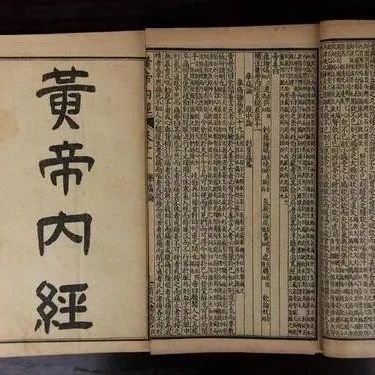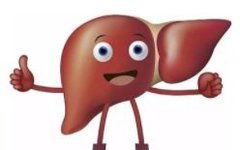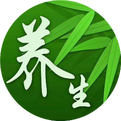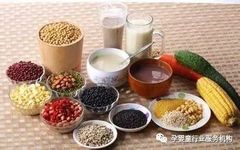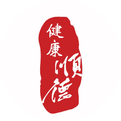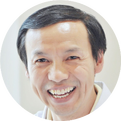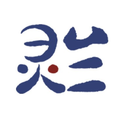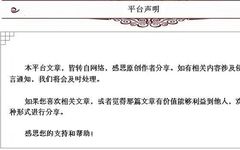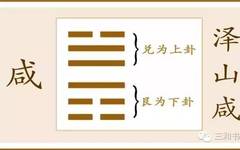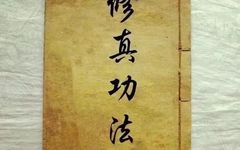Health Preservation Methods for the Five Organs and Six Bowels
The “Huangdi Neijing Health Preservation Methods for the Five Organs and Six Bowels” explains that the human body is a microcosm of the universe, where the five organs (wuzang) and six bowels (liufu) reflect larger issues when they encounter minor problems. The human body is a system that emphasizes balance and harmony, with each organ … Read more

